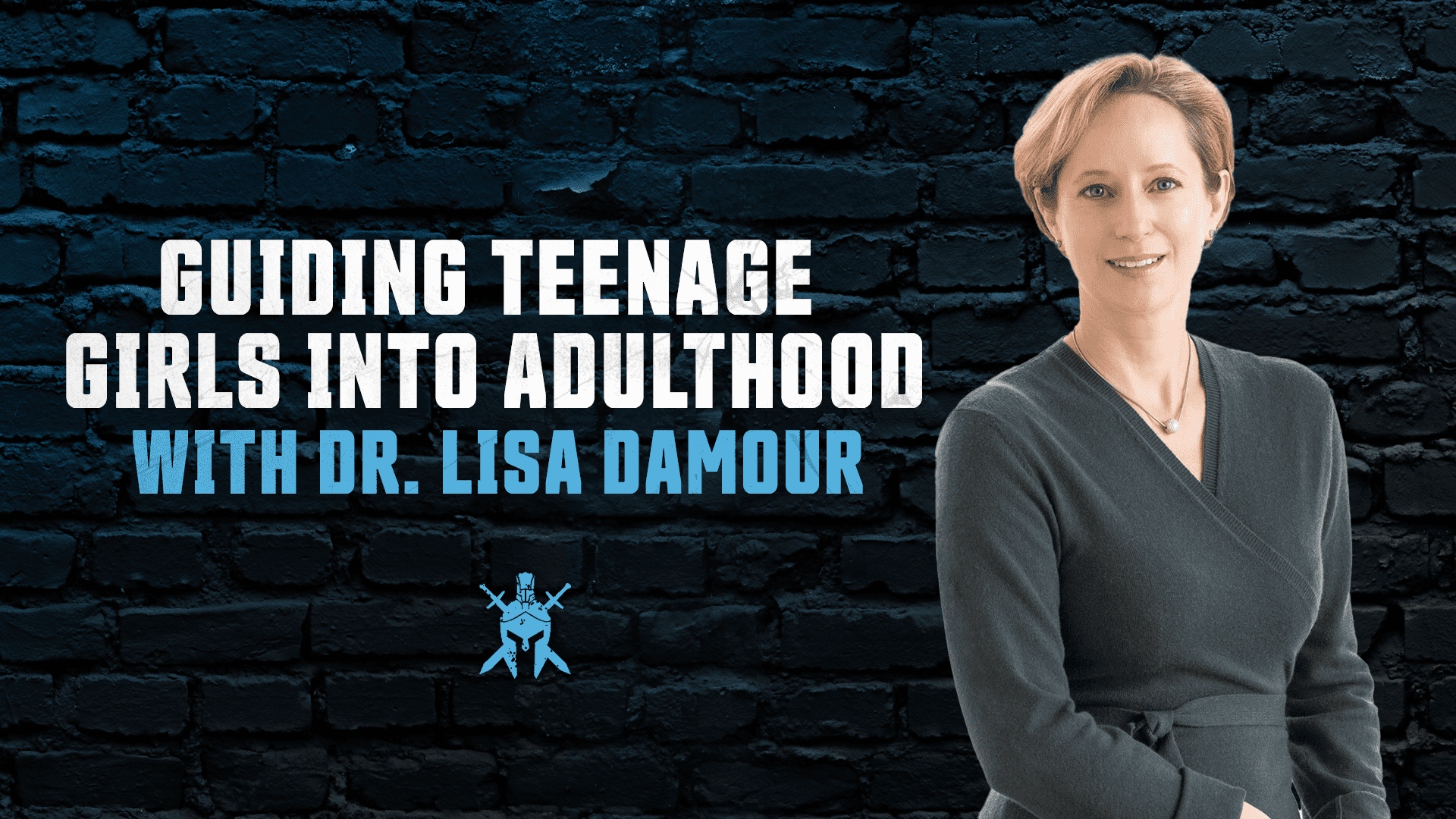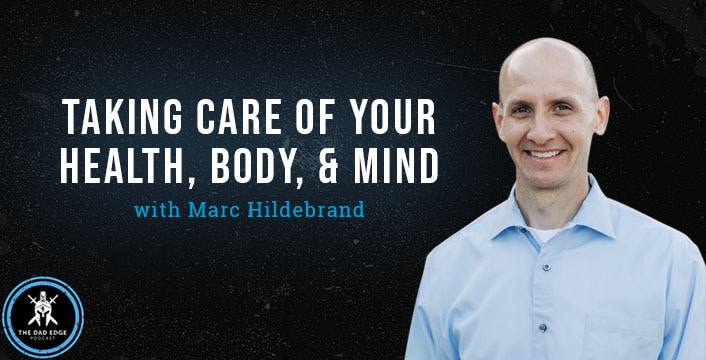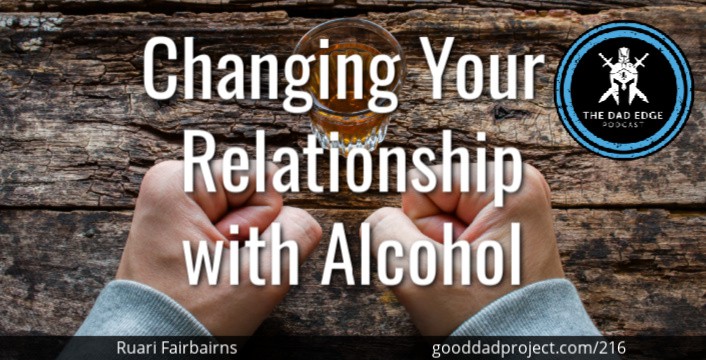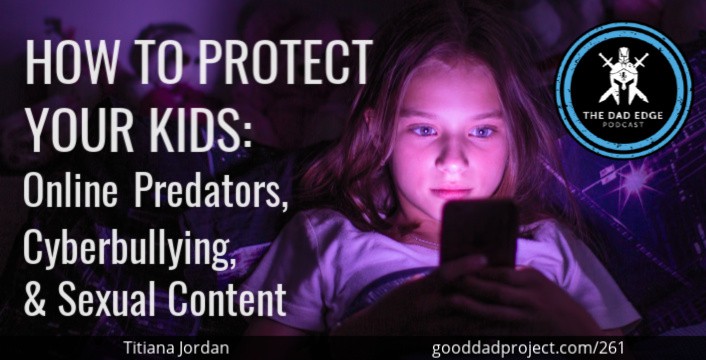Guiding Teenage Girls into Adulthood with Dr. Lisa Damour
Recognized as a thought leader by the American Psychological Association, Dr. Lisa Damour co-hosts the Ask Lisa podcast, writes about adolescents for the New York Times, appears as a regular contributor to CBS News, and works in collaboration with UNICEF.
She is the author of two New York Times best sellers, Untangled: Guiding Teenage Girls Through the Seven Transitions into Adulthood and Under Pressure: Confronting the Epidemic of Stress and Anxiety in Girls, and the soon-to-be-published book, The Emotional Lives of Teenagers: Raising Connected, Capable, and Compassionate Adolescents.
Dr. Damour graduated with honors from Yale University and worked for the Yale Child Study Center before earning her doctorate in Clinical Psychology at the University of Michigan. She has been a fellow at Yale’s Edward Zigler Center in Child Development and Social Policy and the University of Michigan’s Power Foundation. She and her husband are the proud parents of two daughters.
What You’ll Learn
07:01 On dads and teenage daughters
Dr. Lisa Damour explains her theory as to why her book “Untangled” is quite popular with dads. She mentions that when a man has a daughter, he develops a strong devotion to give her his love, in fact he has many plans to be like her best friend, but when adolescence comes which is around the age of 11 or so, both boys and girls begin to undergo changes where they become more withdrawn and private. Dr. Lisa Damour has noticed that moms tend to remember how they were at that age and do not take it as something strange or personal, while dads are out of control with this attitude, but they must understand that it is a matter of processes, it is not a rejection of the dad nor is it anyone’s fault.
10:21 On not taking the adolescence stage personal
10:39 On dads and teenage daughters
Dr. Lisa Damour gives an example of the transition from being a kid to adolescent. She says that there comes a stage in children’s lives where they no longer want to spend as much time with their parents but in their room, and this is because, perhaps unconsciously, they know they need to start working on their independence because they will continue to grow up and go off to college. But this practice of independence should not be taken personally since their job is to become independent even living with their parents, which is a difficult thing for the teenager.
13:32 On how to support your kids when they become teenagers
14:41 Best gift you can give to a teenager
19:42 Live your values (it’s a good thing for your kids)
Larry asks Dr. Lisa Damour what is the best way to guide your children about the people they surround themselves with, she answers that it is quite simple and depends mostly on the parents: it is all based on values, she advises that parents live the values they teach because then the teenagers will replicate that with their circle of friends. If your children see that you live by your values they will feel congruence, but if not, you will be a hypocrite and they will move away from that.
Dr. Lisa Damour also mentions another way is to know which teenager you are talking to, in every child, 2 parts live: the wise, calm and intelligent one or the impulsive and troublemaker one. If when your child does something you don’t like and gets into trouble and your attitude is reactive, you will most likely get the impulsive personality, but if you invite them to reflect, you will get the wise person and those reflections will also alone decide whether they continue to hang out with those friends or not.
23:01 On talking to the wise side of your kids
28:08 What is it that Dads can do to point things in the right direction?
Dr. Lisa Damour gives an example of how important words are to a teenager. She mentions that teens care a lot about what their parents think or feel about them and often what is conveyed to them is that they are not enough or are not held in esteem. For example, if a girl comes up to her dad and tells him she got a bad grade, the dad may say that’s really dumb, why did you get such a bad grade. It doesn’t matter if he called the situation dumb, the daughter is left with her dad thinking she is dumb. A different way would be to ask her: I know you are very capable, what happened? Why do you think you did poorly? Let’s reason together to understand what happened. We have to be careful that our words don’t have a negative impact on our kids.
31:32 On being careful with the tone in which you speak to your kids
36:22 Understanding what teenagers go through
Dr. Lisa Damour explains that to understand a teenager when their emotions get the best of them, she has a 9-step guide called “how to manage a meltdown”. The first step is to listen without interrupting, the second is to offer empathy, the third is to validate the emotion, the fourth is support coping, the fifth is to provide confidence, the sixth is to offer help to solve the problem, step seven, if they said yes to step 6 is to divide the problem into 2 categories, what you can and cannot change, step eight is to brainstorm ways to solve the problem and the last step, step 9 is to help and provide support about the things they cannot change. Dr. Lisa Damour says that it usually doesn’t go beyond step 3.
41:04 On teenagers not having control of his emotion from a neurological perspective
42:12 On emotionality in adolescents
Dr. Lisa Damour’s Links
- Website: https://drlisadamour.com/
- Instagram: https://www.instagram.com/lisa.damour/
- Youtube: https://www.youtube.com/playlist?list=PLSt8mu1taNYAHTufbYwqglFHoevbZgNQl
- Twitter: https://twitter.com/Ldamour
- Facebook: https://www.facebook.com/lisadamourphd
- Podcast: https://drlisadamour.com/resources/podcast/
- How to manage a meltdown: https://drlisadamour.com/wp-content/uploads/2022/03/LD_Bookmarks_How_to_Manage_a_Meltdown.pdf
Leave an iTunes review.
Get a FREE book!
If you’re enjoying the show, leave us an itunes review. If your review is chosen as the iTunes Review-of-the Week, we’ll send you the free book of your choice!
What to do: send an email to [email protected] notifying us about your review, your mailing address, and your choice of a guest book from our Books Page!
Thanks for the support!
CLICK HERE TO LEAVE YOUR REVIEW.
Follow The Dad Edge
Don’t settle for a mediocre life.
Join over 700 men becoming their best selves
in The Dad Edge Alliance.
What did you think of the show?
What was your biggest take away?
Tag us when you share on social media!
#TheDadEdge
Twitter @gooddadprojct
Instagram @thedadedge








